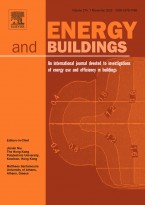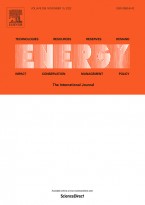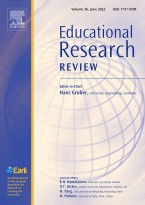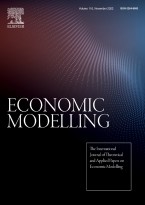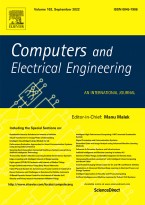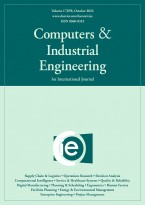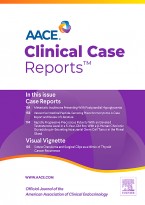
چکیده فارسی
سللار آتیپیک تراتوئید/تومور رابدوئید: آیا سرنخ تشخیصی قبل از عمل وجود دارد؟
چکیده هدف: هدف ما توصیف یک تومور تراتوئید/رابدوئید غیر معمول با شروع بزرگسالان نادر (AT/RT) و شناسایی سرنخهای تشخیصی قبل از عمل برای این تومور تهاجمی بود. روش کار: گزارش موردی و مرور ادبیات مربوطه. یافتهها: یک خانم 36 ساله با سردرد به مدت 1 ماه و تاری دید به مدت 6 روز مراجعه کرد. تصویربرداری یک توده بزرگ سلار را با پسوند سوپراسلار شناسایی کرد که از آدنوم هیپوفیز قابل تشخیص نبود. مطالعات هورمونی هیپو هیپوفیز و هیپرپرولاکتینمی را نشان داد. یک تشخیص احتمالی ماکروآدنوم هیپوفیز انجام شد، اما مطالعات هیستولوژیک، ایمونوهیستوشیمی، میکروسکوپی الکترونی و سیتوژنتیک تومور از تشخیص AT/RT پشتیبانی کرد. علیرغم برداشتن چندین عمل جراحی، پرتودرمانی و شیمی درمانی، تومور عود کرد و بی وقفه دوباره رشد کرد. بیمار 2.5 سال پس از مراجعه فوت کرد. نتیجهگیری: این مورد اهمیت مشکوک شدن به تودههای فروشنده پرخاشگر را در برنامهریزی مدیریت و مشاوره پیش آگهی نشان میدهد. مدت کوتاه سردرد و تغییرات بصری مرتبط با حجم زیاد فروش، سرنخ های تشخیصی برای AT/RT sellar یا سایر توده های فروش سریع در حال گسترش هستند. متخصصان غدد باید به طول مدت علائم در بیمارانی که توده های بزرگ فروش دارند توجه کنند. اختصارات: AT/RT تومور آتیپیک تراتوئید/رابدوئید INI1 اینتگراز 1 تصویربرداری تشدید مغناطیسی MRI
چکیده انگلیسی
Sellar Atypical Teratoid/Rhabdoid Tumor: Any Preoperative Diagnostic Clues?
ABSTRACT Objective: Our objectives were to describe a rare adult-onset sellar atypical teratoid/rhabdoid tumor (AT/RT) and to identify preoperative diagnostic clues for this aggressive tumor. Methods: A case report and review of the relevant literature. Results: A 36-year-old female presented with headache for 1 month and blurry vision for 6 days. Imaging identified a large sellar mass with suprasellar extension that was indistinguishable from a pituitary adenoma. Hormonal studies revealed hypopituitarism and hyperprolactinemia. A presumptive diagnosis of pituitary macroadenoma was made, but the histologic, immunohistochemical, electron microscopic, and cytogenetic studies of the tumor supported a diagnosis of AT/RT. Despite multiple surgical resections, radiation, and chemotherapy, the tumor recurred and regrew relentlessly. The patient died 2.5 years after presentation. Conclusion: This case highlights the importance of suspecting aggressive sellar masses in management planning and prognosis counseling. Short duration of headache and visual changes associated with a large sellar mass are diagnostic clues for sellar AT/RT or other rapidly expanding sellar masses. Endocrinologists should pay attention to symptom duration in patients with large sellar masses. Abbreviations: AT/RT atypical teratoid/rhabdoid tumor INI1 integrase interactor 1 MRI magnetic resonance imaging
